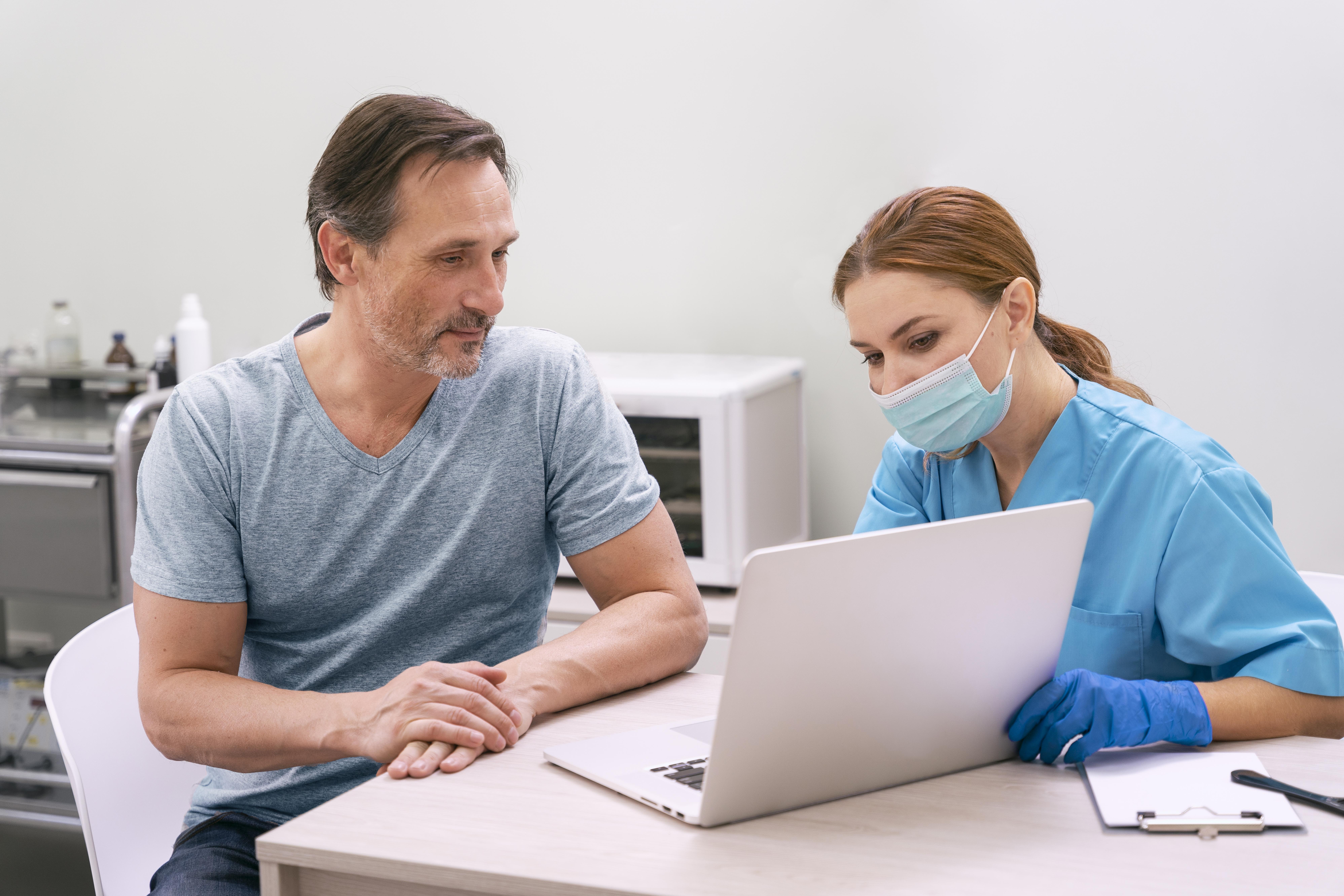What are colorectal polyps?
Colorectal polyps, sometimes referred to as colon polyps, are a common occurrence among people in the United States. The term “colorectal” refers to the colon and the rectum. Several conditions that affect the colon tend to affect the rectum, which is why they are sometimes mentioned together. A colorectal polyp is a polyp that occurs in either the colon or the rectum. A colon or rectal polyp is a growth made up of a clump of cells on the lining of your colon or rectum.
Polyps by themselves are mostly harmless and often do not cause symptoms; however, colon polyps and rectal polyps need to be removed because they can eventually become cancerous. To detect colorectal polyps, schedule a colonoscopy at a GI Alliance location near you.
What causes colorectal polyps?
Colorectal polyps form when cells grow or divide more than they should. The medical community is still unsure as to why this happens but there are correlations and risk factors that are associated with those who have colon polyps or rectal polyps.
Risk factors for colon polyps and rectal polyps include:
- Obesity
- Smoking
- Being over the age of 45
- Having a history or family history of colon polyps or rectal polyps in the past
- Crohn’s disease
- Ulcerative colitis
- Type 2 diabetes
- Genetic history
- Heavy alcohol consumption
- “Typical Western diet” (high fat, low fiber)
Hereditary genetic conditions can raise your risk of having colon polyps and rectal polyps. Those conditions include:
- Familial adenomatous polyposis (FAP)
- Lynch syndrome
- Peutz-Jeghers syndrome
- Gardner’s syndrome
- Serrated polyposis syndrome
- MYH-associated polyposis (MAP)

What are the symptoms of colorectal polyps?
Many cases of colon polyps or rectal polyps are not manifested as symptoms. If you are experiencing symptoms, some of the most common symptoms of colorectal polyps include:
- Abdominal pain
- Bloody stool
- Shortness of breath
- Fatigue
- Weakness
- Constipation
- Diarrhea (lasting longer than a week)
- Iron deficiency anemia
If you experience any combination of the above symptoms, are age 45 or older, or have a family history of colon cancer or colorectal polyps, contact GI Alliance about a colon cancer screening.
What does it mean if a physician finds polyps during a colonoscopy?
It is common to find polyps during a colonoscopy, and many times, polyps are benign (not cancerous). Polyps found during a colonoscopy will often be removed during your colonoscopy (polypectomy) and tested for cancer. If your colorectal polyps are found to be non-cancerous, then your physician will likely encourage regular screening for colon cancer going forward. If your polyp is found to be malignant (cancerous), you and your physician will discuss the appropriate steps moving forward.
The main way to treat colorectal polyps is by removing them. During a colonoscopy or flexible sigmoidoscopy, polyps in your colon and rectum can be removed in a procedure called a polypectomy. In extreme situations, part or all of your colon or rectum may need to be removed.

Find treatment for colorectal polyps at GI Alliance
Colorectal Polyps FAQs
Are colon polyps hereditary?
A family history of colon polyps can elevate your personal risk of developing this GI condition. Certain kinds of polyps may have a genetic association and are more likely to occur among relatives. Consult your gastroenterologist regarding your personal and family history with colorectal polyps to determine your risk and frequency of colon cancer screenings.
Will colorectal polyps return?
Generally, it is uncommon for a colorectal polyp to return once completely removed. However, some patients may have new polyps develop in other parts of the colon or rectum. For this reason, it is imperative to have routine screenings for colorectal cancer as advised by your provider.
Can colon polyps be prevented?
It may not be possible to prevent colorectal polyps from developing, especially if you are at an elevated risk due to your family history. But a healthy lifestyle may help reduce the chance of colon or rectal polyp occurrence. This involves eating a well-balanced diet, avoiding the use of tobacco, limiting the consumption of alcohol, and getting adequate exercise. Having periodic colonoscopy screenings upon turning 45 can also help diminish the risk of polyp development.
How long does it take to recover after colon polyp removal?
Most people generally require around a week to recover following polyp removal during a colonoscopy. Our GI Alliance staff will provide post-operative information on what you can expect during the recovery period and when you can proceed with your normal daily activities.
